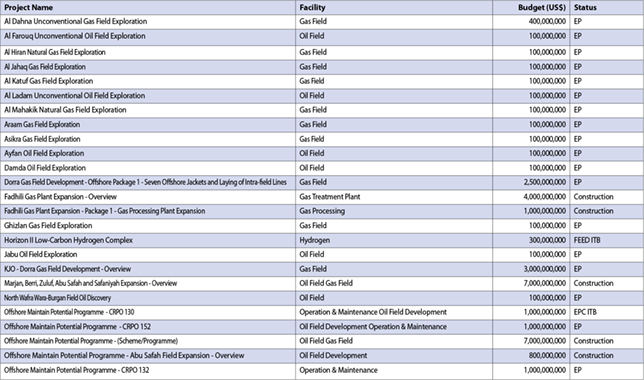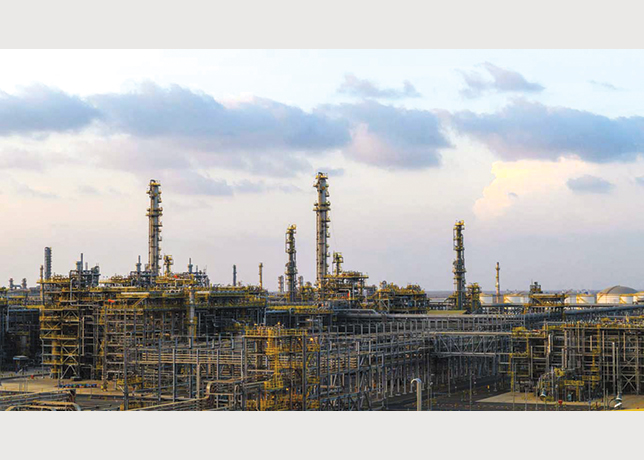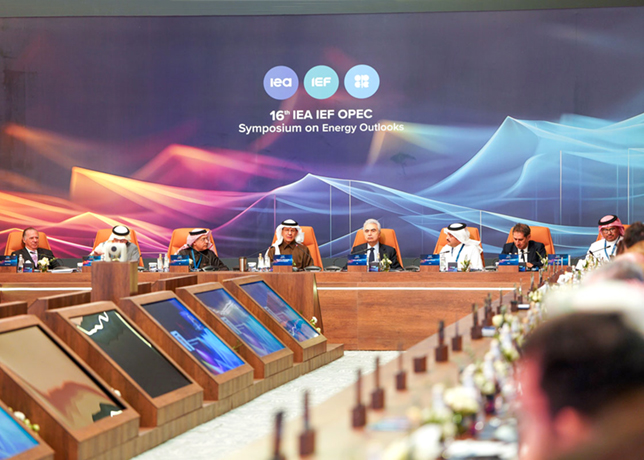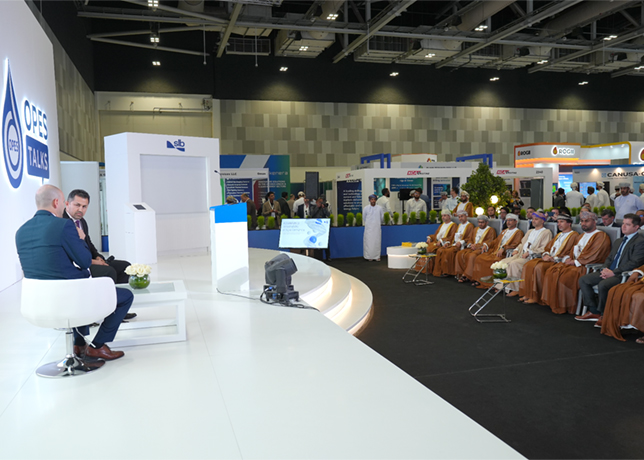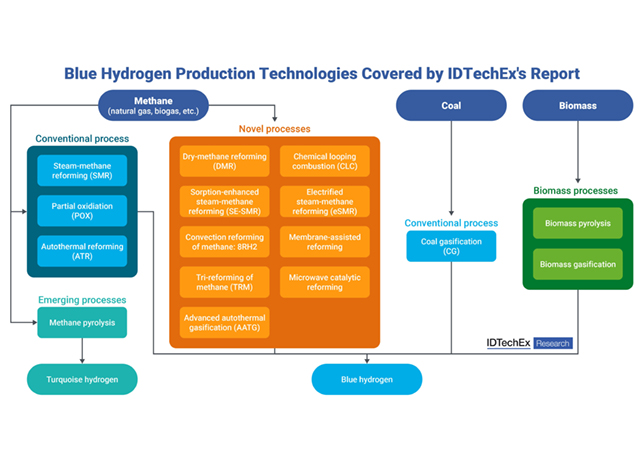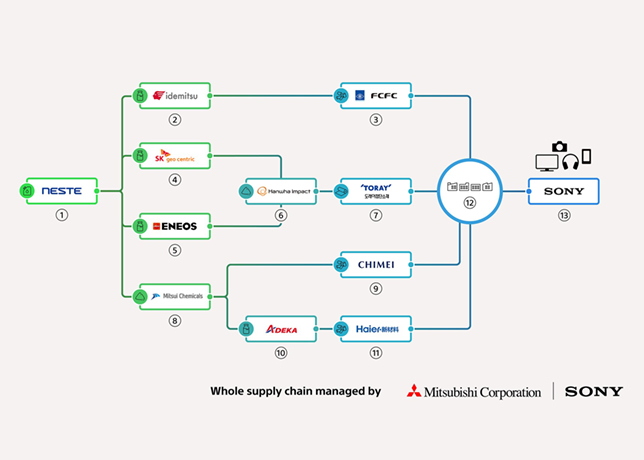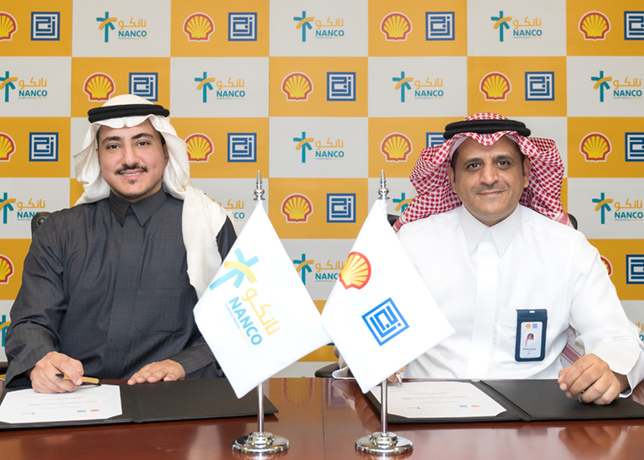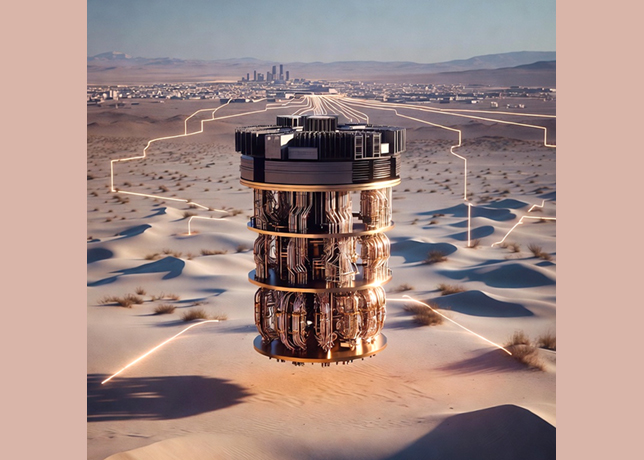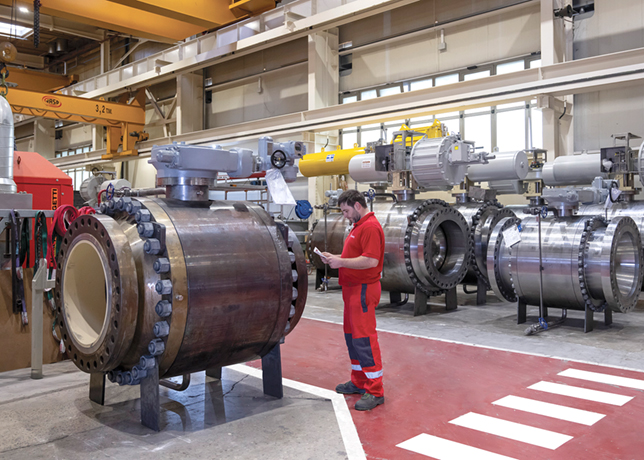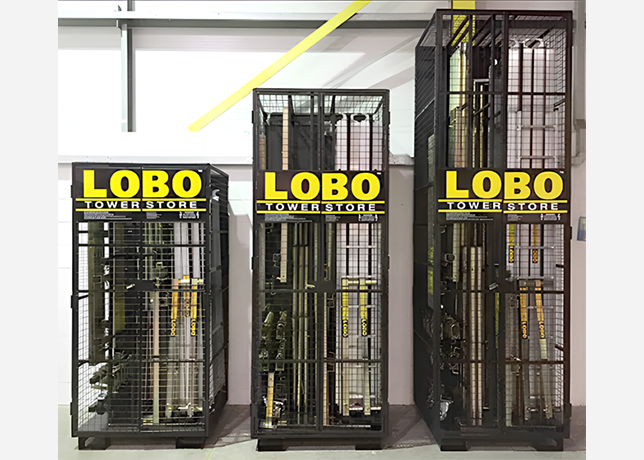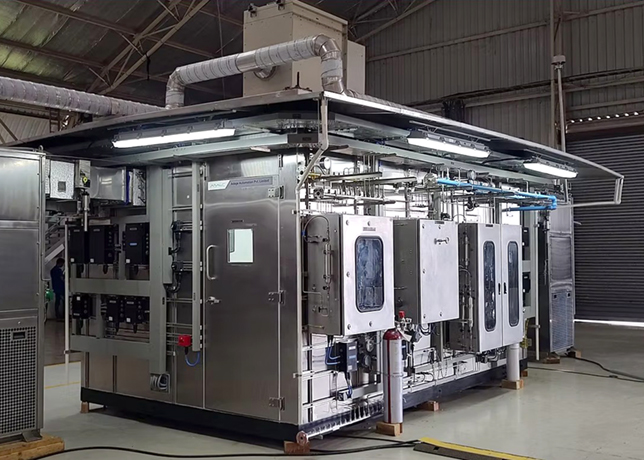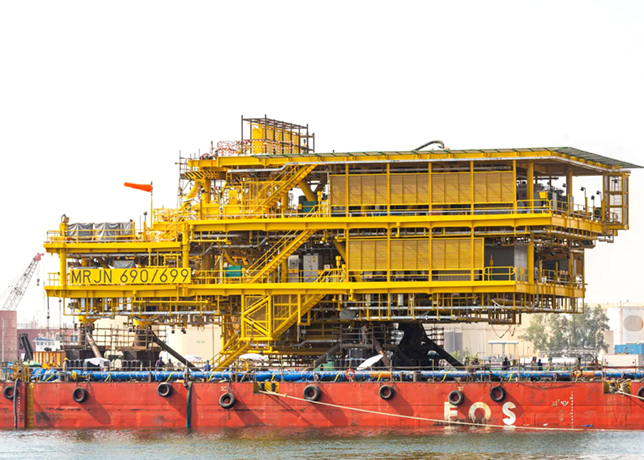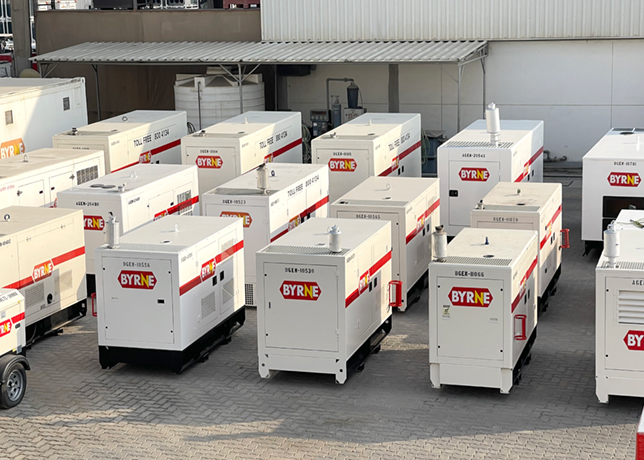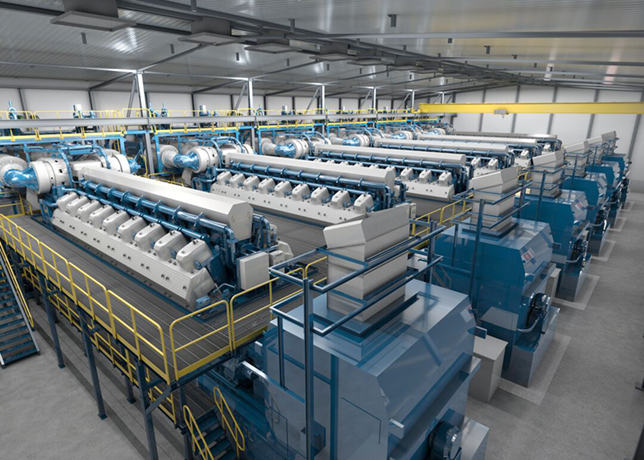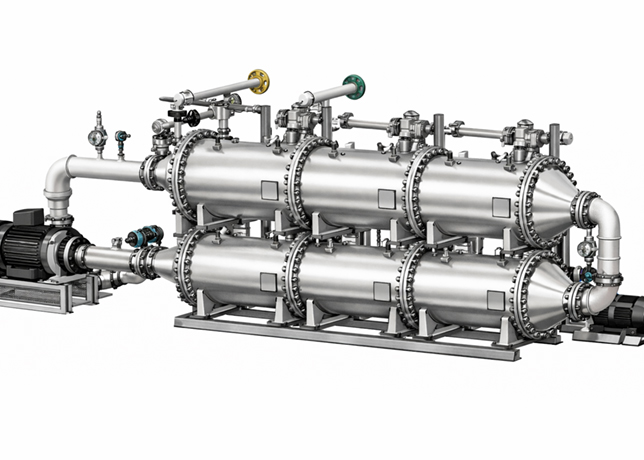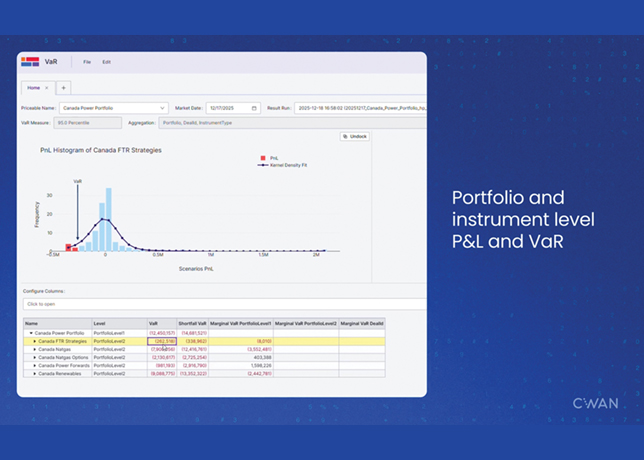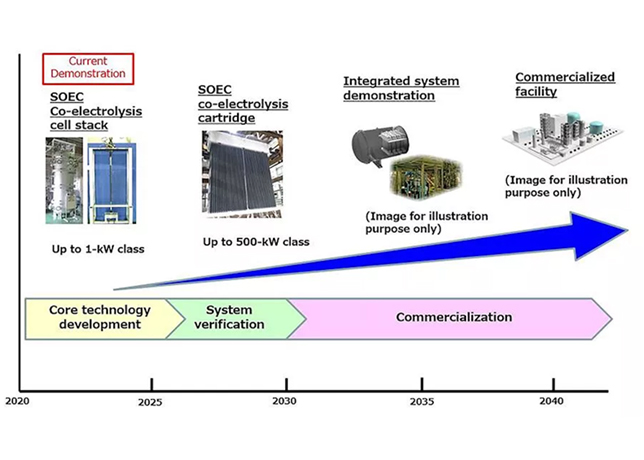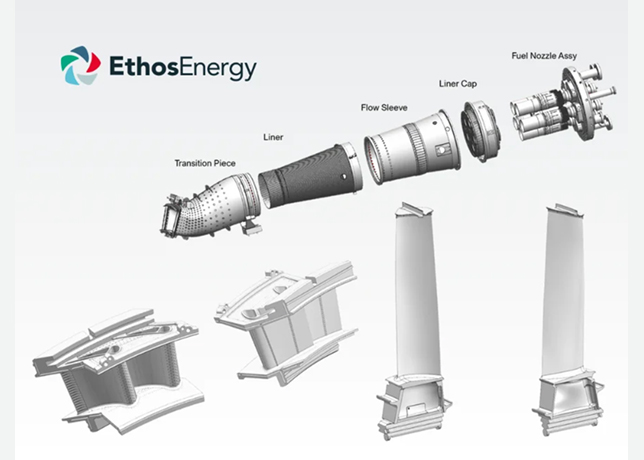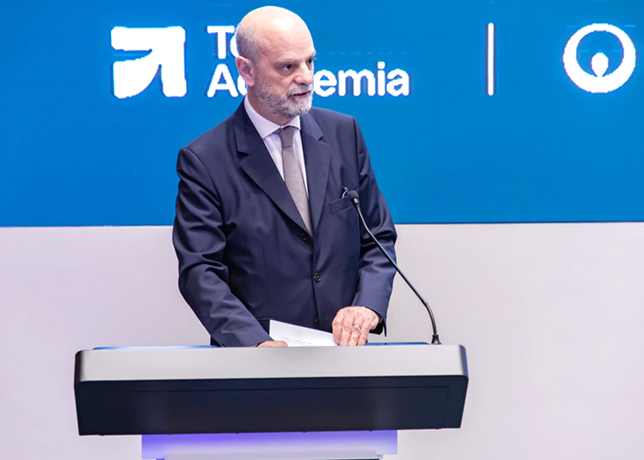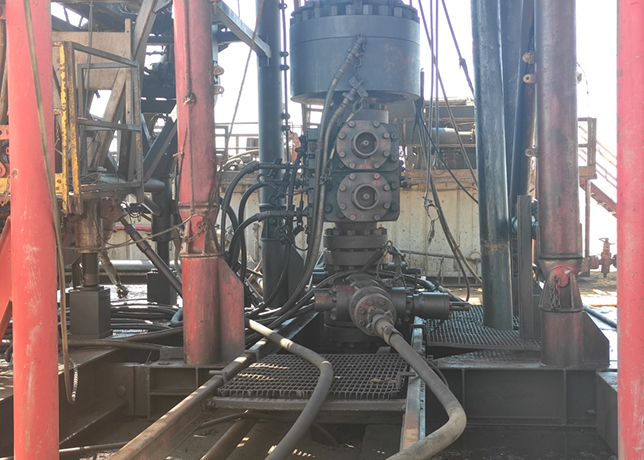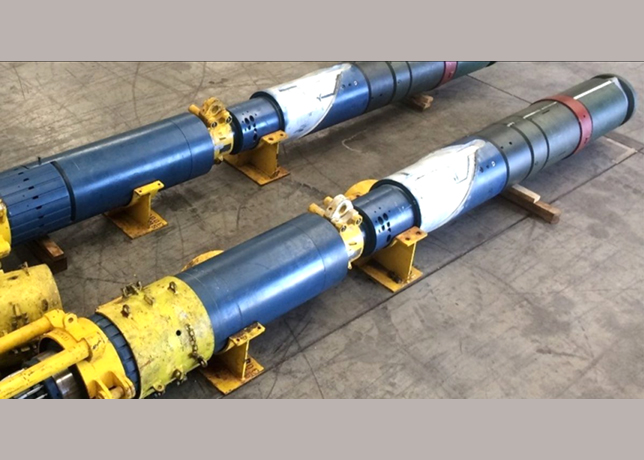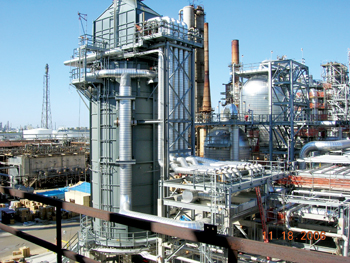
Marathon Petroleum is preparing to return a 218,500 barrel per day (bpd) crude distillation unit (CDU) to production at its 451,000 bpd Galveston Bay Refinery in Texas City, Texas, after two weeks of repairs, sources familiar with operations at the refinery said.
The company is also finishing up repairs on the giant 120,000 bpd gasoline-producing Fluidic Catalytic Cracking Unit (FCCU) 3, according to the sources. FCCU 3 is supplied with gasoil from the CDU, called Pipestill 3A, and was shut when the crude unit was taken out of production. An alkylation unit was also shut for repairs when the FCCU was on September 17.
In preparation for returning Pipestill 3A to production, operators have begun circulating crude oil in the unit, which awaits completion of work on auxiliary units, the sources said. In addition, meetings have begun at the refinery to plan the steps needed to shutter the 60,000 bpd FCCU 1 within 19 months, the sources said.
Reuters had previously reported that Marathon was considering idling FCCU 1 sometime in 2016 instead of adding a scrubber unit to cut its particulate emissions, as would be required to renew the unit’s operating permit.
FCCU 3 will continue producing gasoline at the Galveston Bay refinery after FCCU 1 is shut permanently. A Marathon spokesman declined to discuss the Galveston Bay Refinery’s operations and future plans.
Marathon is not the only Gulf Coast refiner shutting an FCCU. Valero Energy is in the process of permanently closing the 38,000 bpd FCCU at its 125,000 bpd Meraux, Louisiana, refinery, sources familiar with operations have told Reuters. Valero is also adding 20,000 bpd in hydrocracking capacity to the Meraux refinery, which already has a 35,000 bpd hydrocracking unit. Refiners have found diesel, of which a hydrocracker can be configured to produce greater quantities of compared with FCCUs, to be a lucrative export as US gasoline demand falls.



